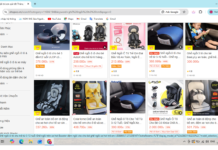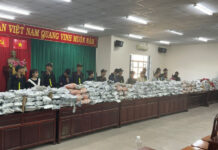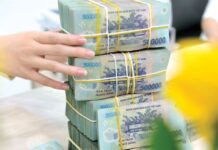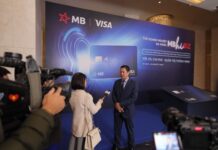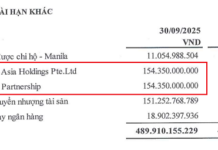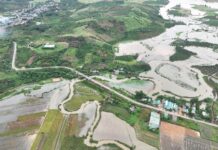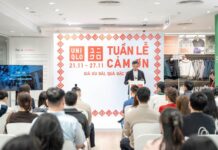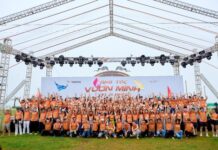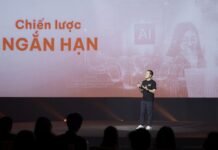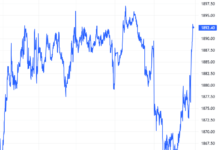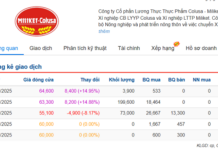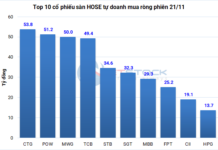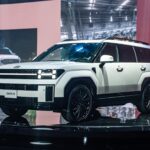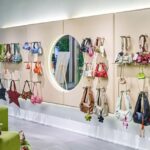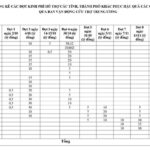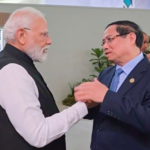The Chinese electric vehicle brand AION has recently announced its official entry into the Vietnamese market through distributor Harmony. The cars will be imported from China and distributed in October 2024. The first two models available for sale are the Y Plus and ES, while the Hyptec HT model will be launched at the end of the year.
During the launch event in Guangzhou, the location of AION’s factory and headquarters, Le Minh Tien, General Director of AION Vietnam, answered questions surrounding the launch of the world’s third best-selling electric vehicle brand.
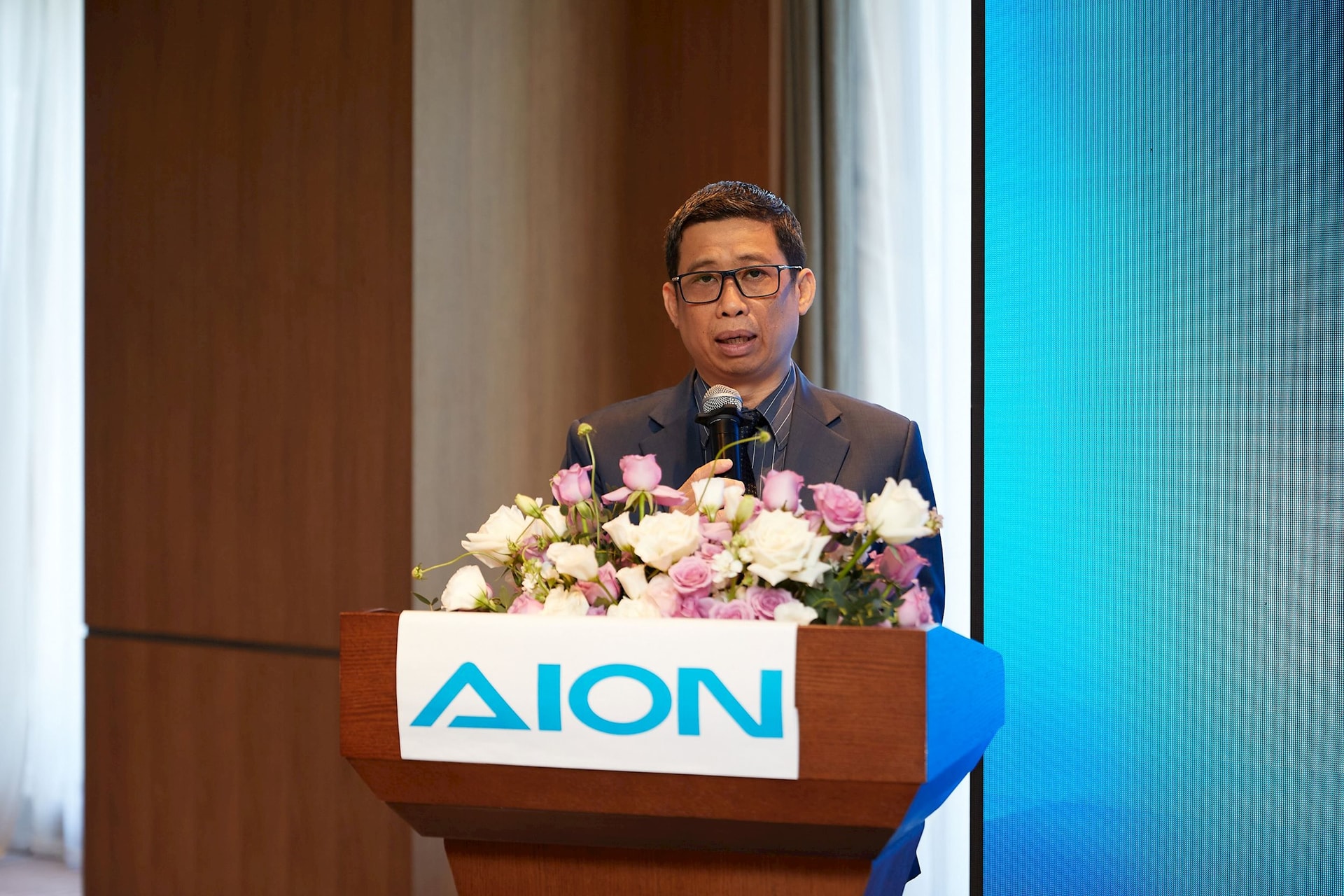
Le Minh Tien, General Director of AION Vietnam
Why did AION choose to quietly enter the Vietnamese market and only officially launch after six months, unlike other Chinese electric vehicle brands that often make early announcements?
AION has been working diligently behind the scenes. We established a showroom in Ho Chi Minh City and displayed our products starting in May, announced the recruitment of a dealer system, temporarily imported two cars, and only now, in September, are we declaring our official entry into the Vietnamese market. In October, we will unveil our first standard 3S showroom in Ho Chi Minh City and announce the official prices.
Compared to brands like BYD, MG, Chery, and Wuling, AION is entirely new to Vietnamese consumers. Therefore, our first step is carefully planned and executed with caution.
Why did AION choose these three products for their entry into the Vietnamese market?
We conducted thorough research and analyzed VAMA sales data over the past five consecutive years, examining various segments, including sedans, SUV crossovers, and more. This helped us understand the best-selling segments and the preferences of Vietnamese consumers. Fortunately, our products align with these insights.
Currently, the Y Plus model caters mainly to individual customers, while the ES model targets businesses and companies. These vehicles are positioned in the C-segment and approach the D-segment. However, the ES model offers a reasonable price compared to other internal combustion engine (ICE) brands. We hope that our competitive pricing will make our vehicles more accessible to Vietnamese consumers.
Electric vehicle brands entering Vietnam inevitably face challenges regarding charging stations. How will AION address this issue?
We are not developing charging stations at the moment. Instead, we offer three solutions: providing home charging, charging at our showrooms, and partnering with third parties or other car brands to share infrastructure. AION electric vehicles can already be charged at BYD dealerships, and vice versa.
We are also in contact with independent charging station providers in Vietnam. However, with only 150 charging points across the country, the current infrastructure is insufficient. These providers face challenges in expanding their network due to a lack of detailed regulations regarding location, area, and fire safety for installing charging stations. They also need clarity on whether to apply production, business, or a separate electricity rate for charging stations.
Additionally, it’s worth noting that AION is one of the few Chinese electric vehicle companies with the technology to produce charging stations and charging piles independently, without relying on third parties. This gives us a competitive edge in the Vietnamese market. Our showroom in Ho Chi Minh City is already equipped with high-power charging piles, ranging from a few hundred kW.
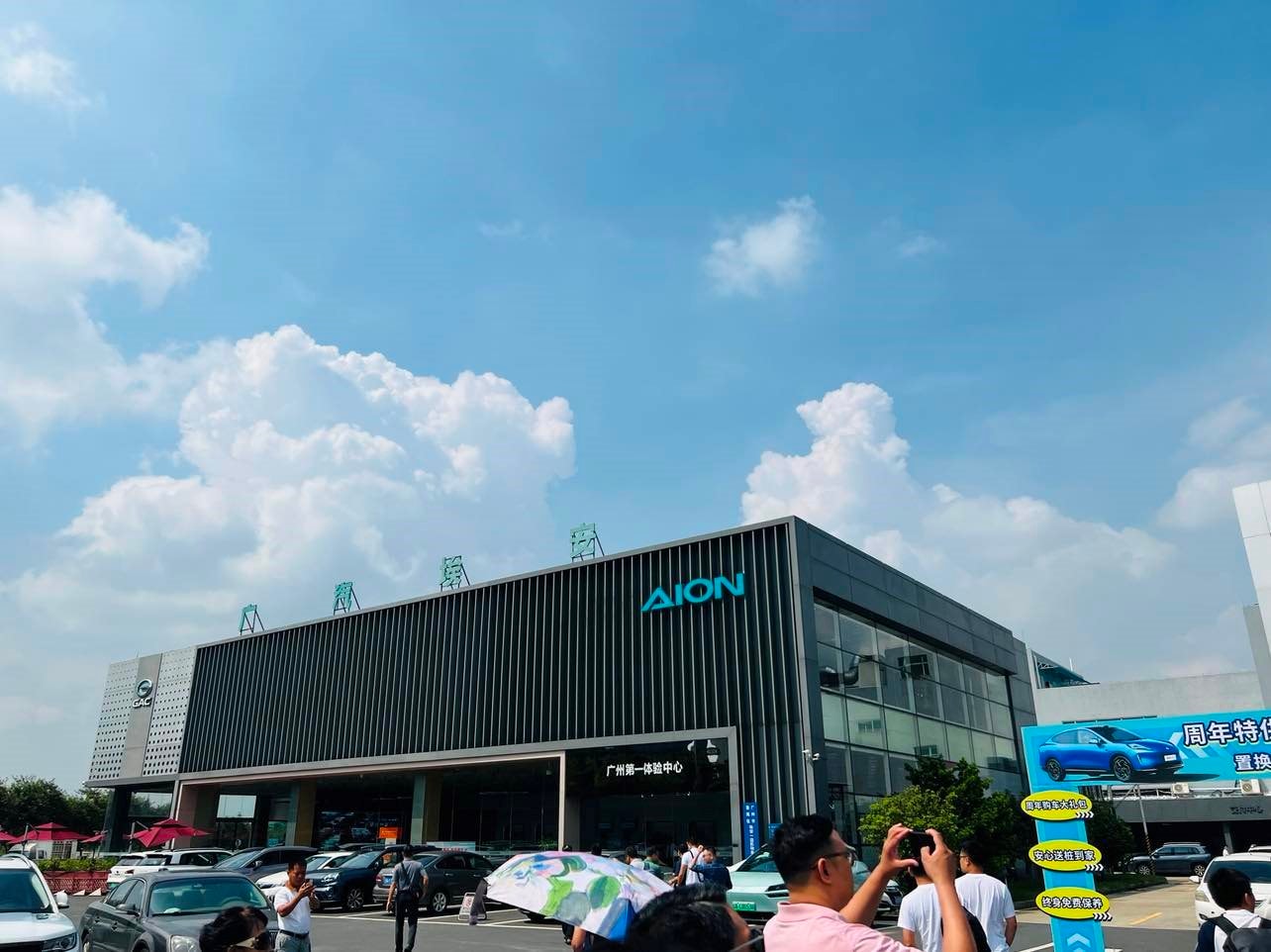
AION dealership in Guangzhou, China.
Apart from charging stations, pricing is another critical factor for consumers. Where will AION vehicles be sourced from, and what will be the price range?
Currently, AION vehicles will be imported from China, resulting in a 50% import tax that makes our cars relatively expensive and less competitive compared to locally produced or assembled vehicles, or those imported from ASEAN countries.
In the initial phase, our pricing strategy will be similar to BYD’s, and AION will strive to provide support from the factory regarding FOB prices to ensure the most reasonable and competitive pricing for our vehicles’ quality.
Additionally, the AION factory in Thailand completed its assembly and robot production line installation in July 2024 and is expected to roll out the first vehicles in Q1 2025. We are confident that by then, the price competitiveness of our strategic and high-volume products like the Y Plus, ES, and potentially the HT and ST models, will improve significantly.
What is AION’s strategy and sales ambition in Vietnam?
AION aims to establish 10-15 dealerships in 2024, expand to 30 dealerships in 2025, and reach 50 dealerships by 2026. Initially, we projected sales of 600 vehicles for 2024. However, as our first batch of cars will only arrive in October, we are not heavily focused on sales figures for this year. In 2025, with an increased number of dealerships, we expect sales to reach the thousands.
Our experience with BYD and AION globally has prepared us for the Vietnamese automotive market. We will invest step by step, avoiding a rushed approach, as we understand the importance of consumer psychology, government support, and user habits. We are mindful of the challenges ahead and are working diligently to overcome them, aiming to conquer the market with our quality and technology. While we don’t consider ourselves a dominant player with immediate sales ambitions, we are confident in our ability to succeed through superior product quality, an efficient distribution system, and exceptional customer service. This approach will lead to gradual success and steadily increasing sales.
“Online Exports Boost Fashion Brand’s Growth by 30% Monthly”
With aspirations to expand into the Asean region, Chautfifth has embarked on a journey to test the waters of global e-commerce. Within a short span of six months, the company has witnessed promising results with its innovative sales model.
“From Do Ventures Fund’s 10-Year Target of $35 Billion Under CEO Lê Hoàng Uyên Vy, Reflecting on the $4.6 Billion Raised by Vietnamese Startups in the Past Decade”
“At the recent launch of the Private Capital Investors Club (VPCA), Uyen Vy – CEO of Do Ventures and Chairman of VPCA, revealed an ambitious goal. The fund aims to attract $35 billion in investments for Vietnamese startups by 2035. While this may seem like a far-fetched dream when compared to past records, it is a goal that is within reach when we look at Singapore’s recent success. In just the last four years, Singapore has attracted a staggering $32.59 billion in investments.”

